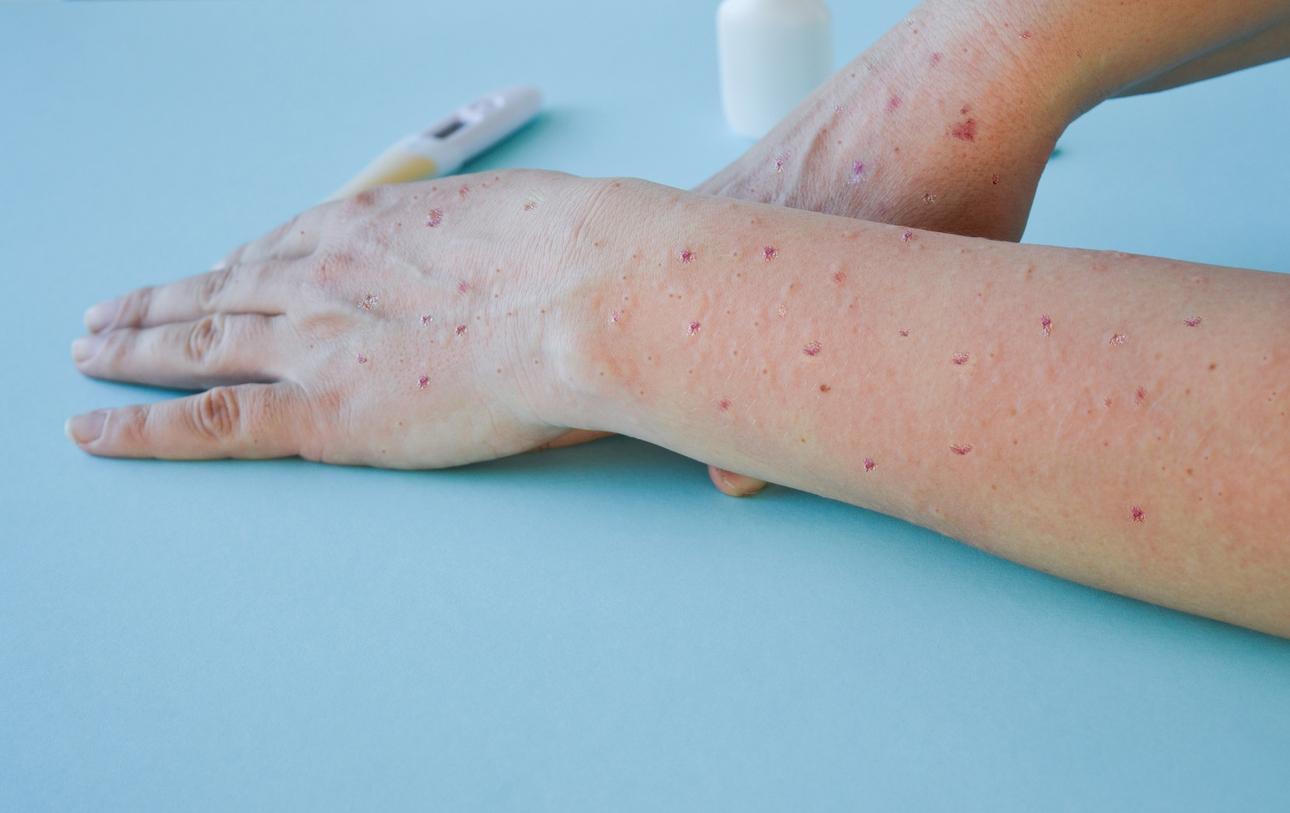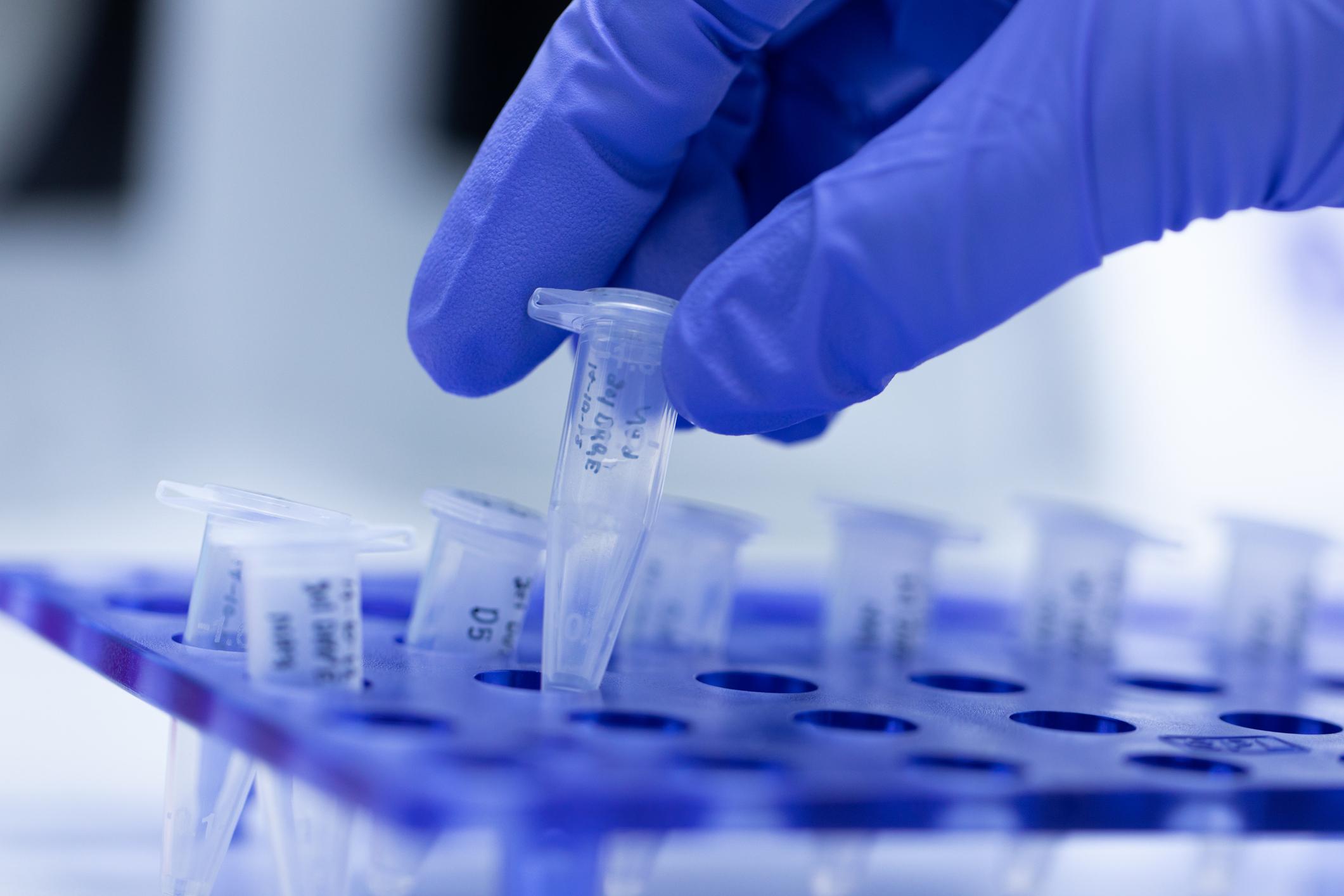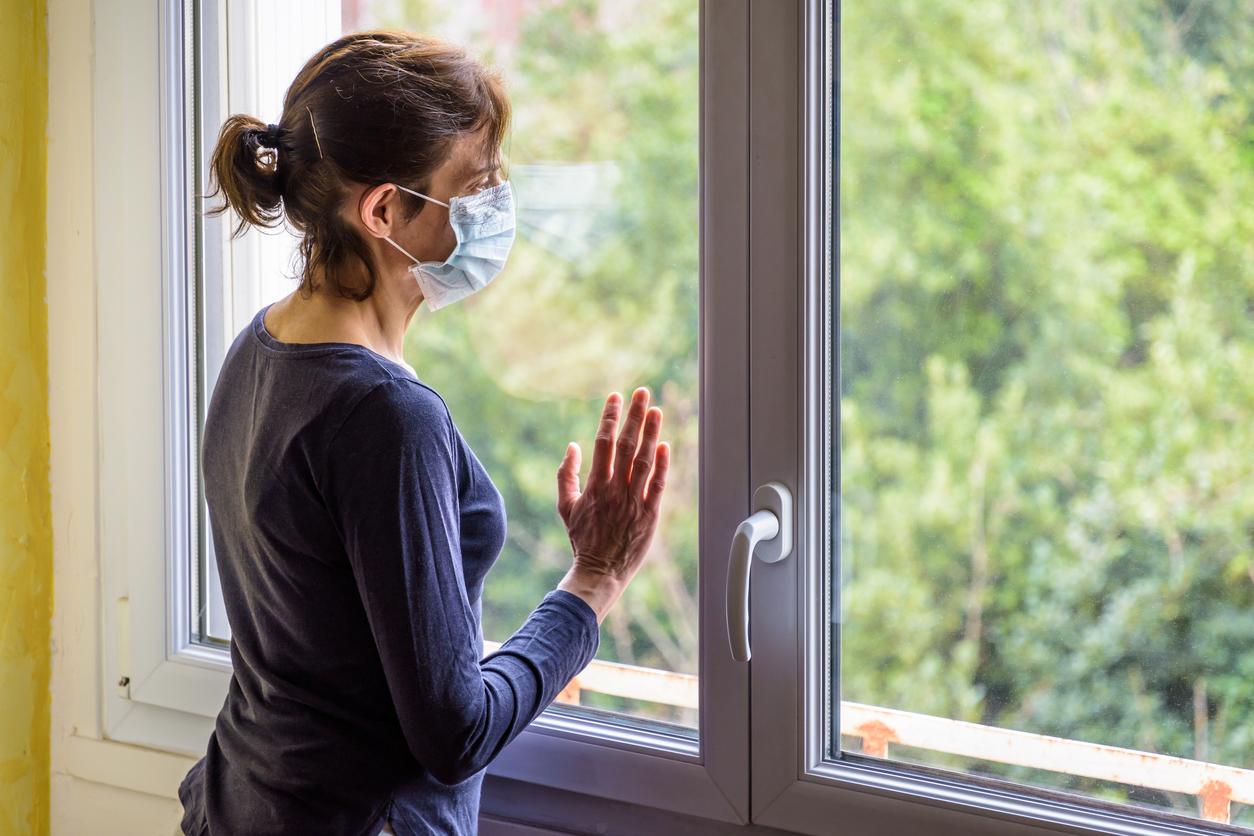Doctors demand it, women too. Meeting this Friday in Paris, the members of the French Society of Predictive and Personalized Medicine (SFMPP) demand that genetic testing for trisomy 21 be accessible to all pregnant women at risk.
This non-invasive prenatal screening (NIPT) comes down to a simple blood test performed from the tenth week of pregnancy. With sequencing methods, explains Claudine Proust in The Parisian, biologists can analyze the DNA of the fetus circulating in the blood of the future mother and identify the presence or absence of chromosomal abnormalities. The one present on chromosome 21 can lead to a diagnosis of trisomy 21.
But today, in France, the reference examination remains amniocentesis. Long needle pricked in the mother’s belly to collect amniotic fluid, this examination is not only invasive but it is only 85% reliable. In addition, in 1% of cases, it leads to a miscarriage. “For 15% of babies who pass through the diagnosis, 100 healthy babies are not born each year because of amniocentesis”, summarizes in the daily Pr Pascal Pujol, oncogeneticist at the Montpellier University Hospital and president of the SFMPP.
The blood test is more than 95% reliable. Several countries, such as Switzerland, Germany and the United States have already adopted it and the American hospital in Paris has been offering it since 2013. 5,400 DPNIs have been successfully performed there.
In some facilities, doctors can prescribe it and women are reimbursed. But the SFMPP specialists want to go further and faster to offer it to all future mothers concerned.
First broadcast: June 17, 2016













